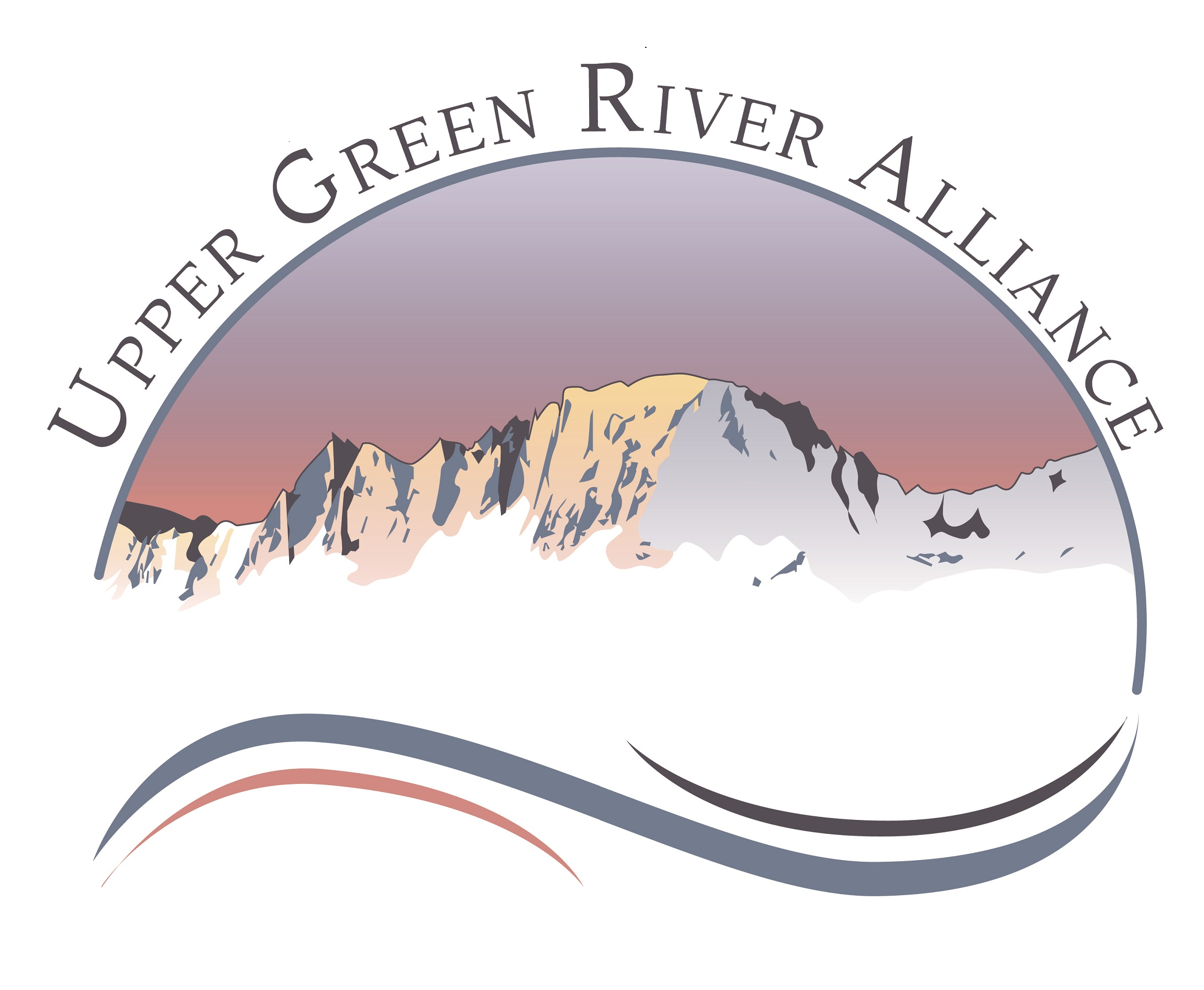Cheatgrass is a noxious weed that absorbs much of the water and nutrients during the spring growing season, “cheating” native plants for limited resources, converting native plant communities to monocultures, and depriving wildlife of diverse, nutritious forage. “Cheat” dries out much earlier than native vegetation, significantly lengthening the fire season. Cheatgrass plants grow very close together, creating a continuous fuel base. It ignites easily and causes fire to spread rapidly.
The Pinedale Anticline Data Management system (PADMS) was created to track disturbance and reclamation activities associated with natural gas operations on the Pinedale Anticline Gas Field.
The Jonah Infill Data Management System (JIDMS) was also created to track disturbance and reclamation activities associated with natural gas operations on the Jonah Field. The JIDMS is no longer updated, although disturbance and reclamation efforts continue in the Jonah Field.
Between 2014 and 2018 the WGFD and BLM treated 35,675 acres of cheatgrass, spreading along roads that service the La Barge and Riley Ridge gas fields.
Oil and gas operators are failing to control the spread of this invasive weed, despite reclamation requirements, and BLM is failing to enforce its EISs. The cheatgrass infestation is increasing at an alarming rate in fossil gas fields on lands managed by BLM.

